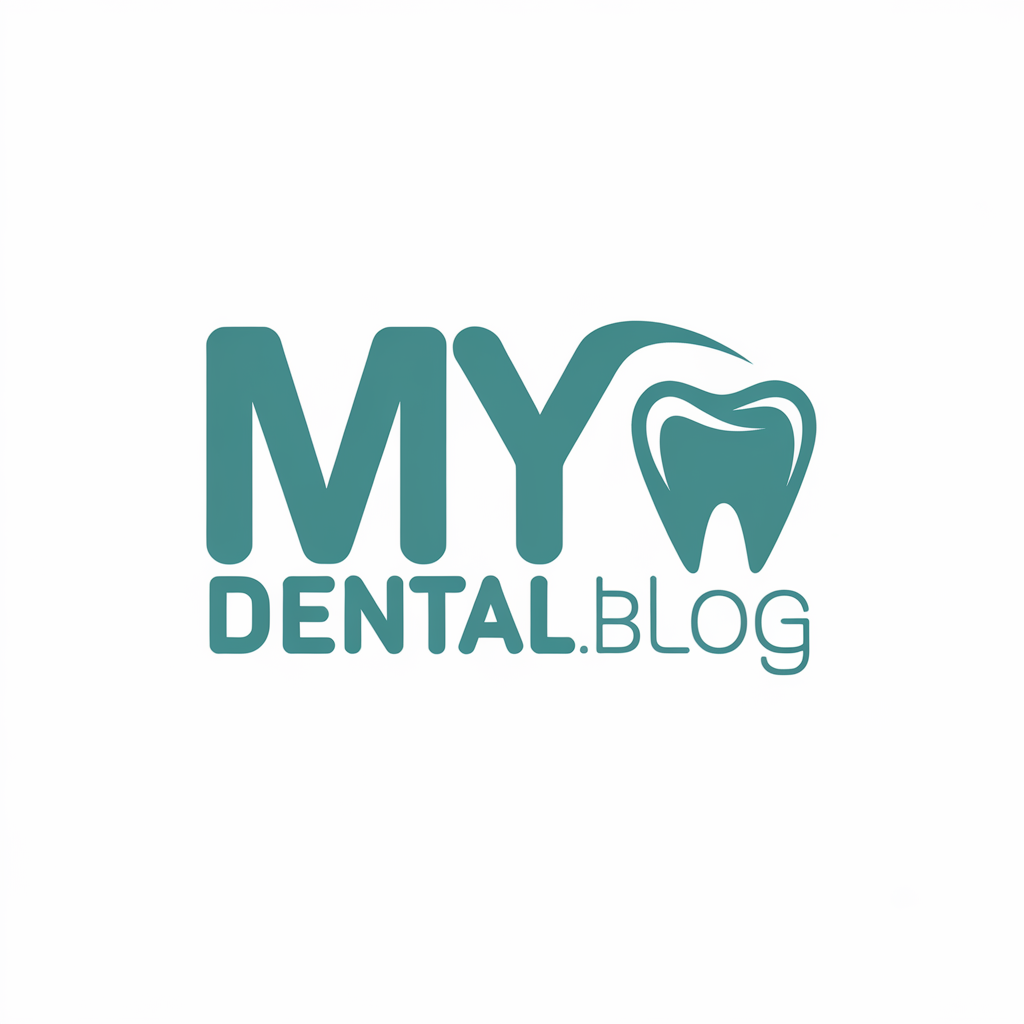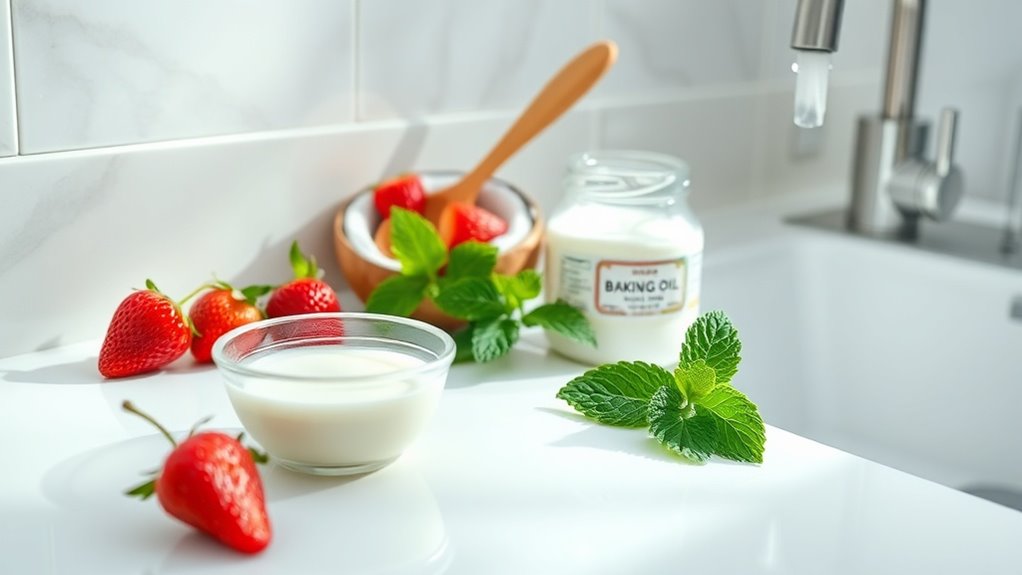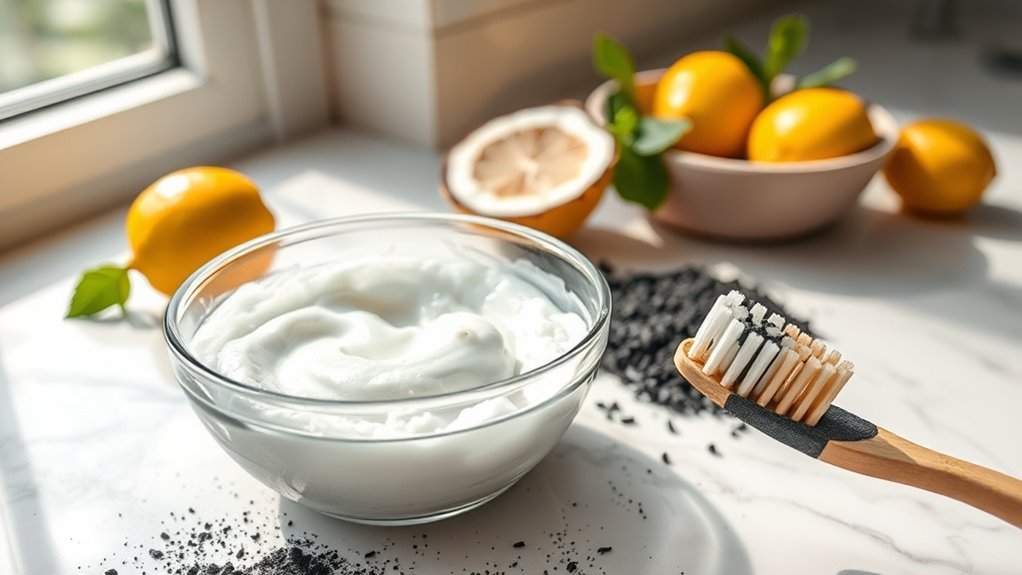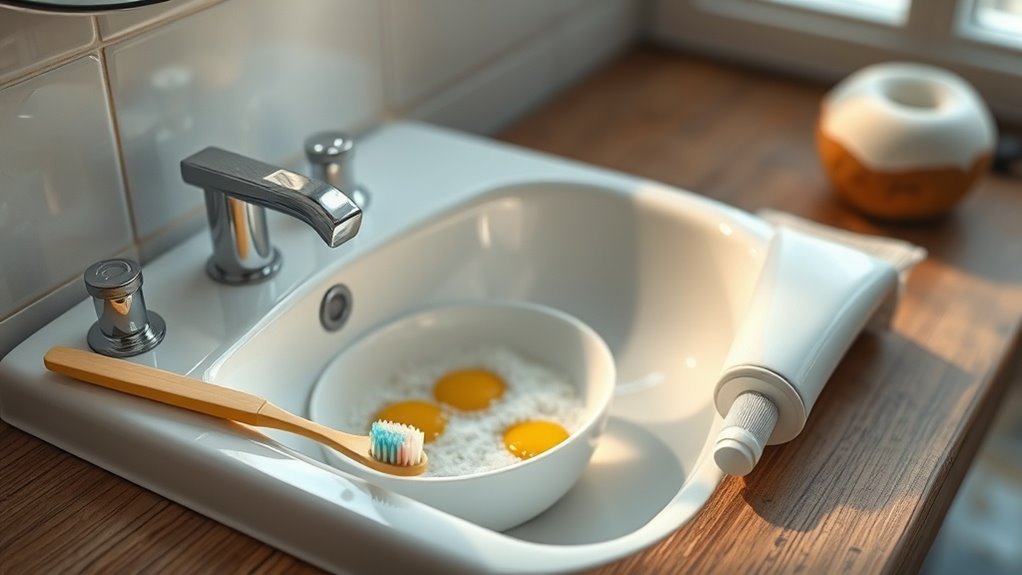Can Oil Pulling Replace Brushing. Here’s What to Know
Did you know that nearly 60% of people are curious about alternative oral care methods like oil pulling? While this ancient practice is praised for potential benefits, questions remain about its role in your dental hygiene routine. Can it really substitute traditional brushing? Let’s explore what oil pulling can do, its limitations, and how to best integrate it into your daily habits for optimal oral health.
Key Takeaways
- Oil pulling can reduce harmful bacteria but cannot effectively remove plaque and food particles like brushing does.
- It lacks fluoride protection provided by toothpaste, which is essential for cavity prevention.
- Oil pulling may improve gum health, but it should not replace daily flossing or brushing.
- Regular practice of oil pulling can complement oral hygiene routines but requires consistency for best results.
- Experts agree oil pulling is beneficial but should be used alongside brushing for optimal dental health.
Understanding Oil Pulling: What It Is and How It Works
Oil pulling is an ancient Ayurvedic practice that involves swishing oil in your mouth to improve oral health. This process works by drawing out toxins and bacteria, promoting better oral hygiene.
Many people wonder about oil pulling vs brushing, especially regarding effectiveness. While brushing is essential for removing plaque and preventing cavities, oil pulling may complement your routine. Studies indicate that oil pulling can decrease harmful bacteria but shouldn’t replace brushing entirely. Regular practice of oil pulling can also promote healthier gums and freshen breath, adding further benefits to your dental care.
Incorporating both methods might enhance your dental care regimen and lead to healthier gums and teeth. Understanding these practices helps you make informed decisions for your oral health.
Benefits of Oil Pulling for Dental Health
Incorporating oil pulling into your dental care routine can provide several benefits for your oral health.
Research suggests that it may reduce harmful bacteria in your mouth, which can lead to improved gum health and a decreased risk of cavities.
Furthermore, oil pulling can help with freshening your breath, as it removes toxins and bacteria that cause odor.
Some users also report a reduction in plaque buildup and teeth whitening effects over time.
While it shouldn’t replace traditional brushing, combining oil pulling with your regular oral hygiene practices could enhance your overall dental health significantly. Additionally, oil pulling with coconut oil, known for its antimicrobial properties, can further strengthen your gums and support a healthy mouth environment.
Limitations of Oil Pulling Compared to Brushing
While oil pulling offers various oral health benefits, it has limitations when compared to traditional brushing.
Oil pulling primarily aims to reduce bacteria and promote overall oral hygiene, but it can’t effectively remove plaque and food particles stuck to your teeth.
Brushing with fluoride toothpaste is scientifically proven to prevent cavities and strengthen enamel, which oil pulling can’t replicate.
Additionally, brushing reaches all surfaces of your teeth and gums, while oil pulling may leave certain areas unaddressed.
It’s essential to consider these factors when evaluating your oral care routine and remember that oil pulling should complement, not replace, brushing. Furthermore, daily flossing is crucial for cleaning interproximal spaces that brushing and oil pulling cannot reach.
Expert Opinions on Oil Pulling as a Substitute
Although many people are curious about oil pulling as a potential substitute for brushing, experts largely agree that it should not be considered a complete replacement. Research indicates that while oil pulling can aid oral health, it doesn’t remove plaque or food particles like brushing does. Here’s a quick comparison of expert views:
| Expert Opinion | Benefits of Oil Pulling | Limitations of Oil Pulling |
|---|---|---|
| Dentist 1 | Reduces bacteria levels | Doesn’t replace brushing |
| Dentist 2 | May whiten teeth | Lacks fluoride protection |
| Research 1 | Reduces gum inflammation | Cannot remove tartar |
| Research 2 | Enhances overall oral hygiene | Not a substitute for flossing |
| Specialist 1 | Natural remedy | Time-consuming |
Incorporating oil pulling into your routine may be beneficial, but it is important to remember that effective oral hygiene practices include brushing and flossing to maintain optimal oral health.
Best Practices for Incorporating Oil Pulling Into Your Routine
How can you effectively add oil pulling to your daily oral care routine?
Start by choosing a high-quality oil, like coconut or sesame, and use about one tablespoon. Set aside 10-20 minutes each morning before breakfast, swishing the oil around your mouth gently.
Ensure you don’t swallow the oil; it’s best to spit it out into a trash can to avoid clogging the sink. Afterward, follow up with your regular brushing and flossing.
Consistency is key—aim for at least three times a week. Incorporating relaxation techniques while oil pulling can create a soothing experience before your dental hygiene routine. Monitor your oral health regularly and consult your dentist if you have concerns about this practice.





